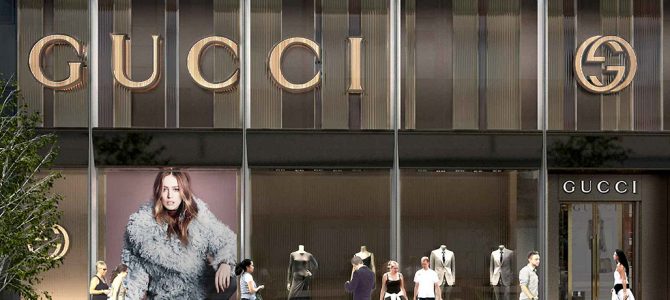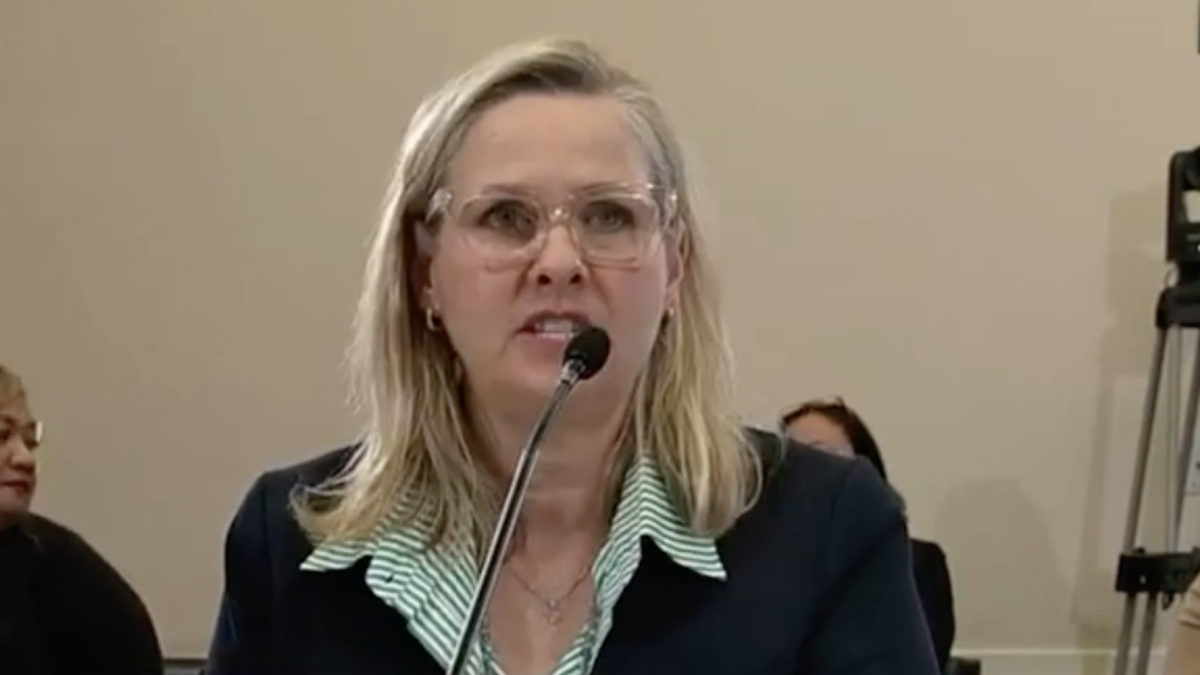
There have been a lot of articles about how the liberal cultural elite has to learn from Donald Trump’s populist victory how out of touch it is with average working-class and middle-class Americans. And these articles are all correct. But some conservatives have a bit to learn on this score also. This was brought home by a mini-meltdown among some on the right the other day about what may well have been the least objectionable thing New York City’s radical Mayor Bill de Blasio ever
The occasion was a news conference the Mayor held after meeting with President-elect Trump at Trump Tower last Thursday. De Blasio spent most of the news conference, and apparently most of his hour-long meeting with Trump, expounding his own views and lambasting Trump’s policies on such issues as “stop-and-frisk” and immigration. But it wasn’t any of the Mayor’s usual liberal harangues that most caught the ire of some conservative commentators. Not even his pledge before and after his meeting with Trump to defy federal law by maintaining New York as a “sanctuary city” for illegal aliens, even if it meant destroying a database of those who have received special city identification
No, what really exorcised these conservatives was an anodyne comment Hizzoner made when he finally came down off his national policy high horse and deigned to talk about the most immediate challenge that Trump’s election poses for him in his day job as chief executive of New York City. This is of course the gridlock nightmare of having a president-elect who lives and works in the heart of midtown Manhattan and, as happens in presidential transitions, it’s Christmastime too.
Addressing the myriad problems posed by this, including the possible obstruction of street traffic to the high-end retailers Gucci and Tiffany, whose flagship stores are on the first floor of Trump Tower, de Blasio observed that “I will not tell you that Gucci and Tiffany are my central concerns in life, but I will say the traffic situation is a very real problem.”
In point of fact, it seems as if the NYPD actually is making accommodations for Gucci and Tiffany customers in enforcing the security cordon around Trump Tower. But the New York Post still went ballistic about de Blasio’s comment, raking him over the coals for his impertinence in a cover story and editorial the next day. The usually wonky radio host John Batchelor, whose fare typically runs towards international relations and economic policy, weighed in with a denunciatory segment that evening. “It would be a fun quiz for fourth graders: what’s wrong with this sentence?” he intoned. “Ugh, there’s so much wrong with the sentence!” replied co-host Mary Kissel of the Wall Street Journal Editorial
C’mon. I’m the furthest thing from a Bill de Blasio fan, but he’s right about this, and the Post and Batchelor need to get with the populist spirit of the Trump election. Any mayor in de Blasio’s situation has got to try to juggle the safety of the new president and his family with the safety and convenience of ordinary New Yorkers and tourists and the interests of smaller merchants who face real threats to their livelihood and those of their employees if their holiday traffic is destroyed.
In the real world of governmental decision-making and balancing of interests, where priorities must be set, which of these factors should give way to the interests of large luxury retailers which will most easily weather the storm? Sorry, but Gucci and Tiffany come last.
But what about their employees? Those criticizing de Blasio’s comment emphasized that that, not Gucci’s profit margin, was their concern. As the Post put it: “How about the people who work in those stores, Mr. Mayor? The ones worried about their jobs? You think they’re the 1 percent?” Fair point. But Tiffany and Gucci and similar stores will survive without having to lay off anyone.
By contrast, the Post itself described the plight of smaller businesses, such as a side street restaurant, which may not be so lucky. These small establishments really might go out of business, putting people out of jobs. Of course, it’s very possible that a balancing of interests that protects them as much as possible would also protect the more prestigious establishments. But what was so wrong about signaling that, if there is a conflict, the small businesses and their vulnerable employees come first? And – if only as a public relations matter – why should conservatives so strenuously object to sending this signal?
The attitude reflected by this signal – that the “little guy” comes before the “big guy” – was not long ago part of the broad postwar political and cultural consensus in America. This consensus has of course broken down, as the worlds of the professional and working classes have, as Charles Murray describes, come apart.
The most evident political aspects of this broken consensus are those that come from the upper status cultural left, which now proscribes as “incorrect” views that until recently were held unquestioningly by people across the ideological spectrum. (What would Martin Luther King, Jr. or Hubert Humphrey have said about male-equipped “trans women” in the girls’ locker room?) But the economic right, which overlaps heavily with the cultural left among “fiscally conservative/socially liberal” elites, has also veered from this postwar consensus. Thus a line like “Tiffany’s is not my central concerns in life,” which fifty years ago would have produced shrugs from most conservative Republicans, now provokes outrage.
The thing is, the voters who just elected Trump believe in both prongs of the old consensus. Many pundits have rightly observed that Trump’s victory was a rejection of the politically correct left’s attack on the cultural consensus. But Trump’s middle-American supporters are no more receptive to rejection of the old economic understanding. Oh, that doesn’t mean they embrace Bernie Sanders’ silly socialism, reject the free market or cling to every sclerotic government program as firmly as Barack Obama famously said they did to their guns and their God. But it does mean that they see the notion that “the little guy comes first” – and Gucci comes last – as simple American fairness. And they’re right.
A rich guy from Queens who collects rent from Gucci and Tiffany gets this instinctively, and the insight has won him the White House. Time for other Republicans to get it too.








